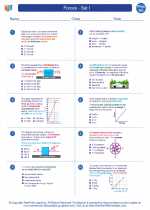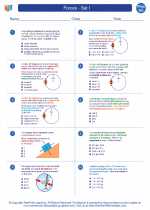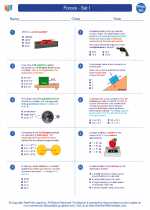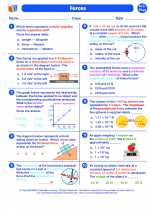Disease: An Overview
Disease refers to any condition that impairs the normal functioning of the body. It can be caused by various factors, including pathogens such as bacteria, viruses, and fungi, as well as genetic or environmental factors.
Types of Diseases
Diseases can be broadly classified into the following categories:
- Infectious Diseases: Caused by pathogens such as bacteria, viruses, and fungi. Examples include influenza, tuberculosis, and HIV/AIDS.
- Non-communicable Diseases: These are not infectious and typically develop over a long period. Examples include heart disease, diabetes, and cancer.
- Genetic Diseases: Caused by abnormalities in an individual's genetic makeup. Examples include cystic fibrosis and sickle cell anemia.
- Autoimmune Diseases: Occur when the immune system mistakenly attacks the body's own cells. Examples include rheumatoid arthritis and lupus.
Causes of Diseases
The causes of diseases can be multifactorial and may include:
- Pathogens: Such as bacteria, viruses, and fungi.
- Genetic Factors: Inherited genetic mutations that predispose individuals to certain diseases.
- Environmental Factors: Including pollution, toxins, and lifestyle choices such as diet and exercise.
- Immune System Dysfunction: Where the immune system fails to protect the body from pathogens or attacks its own cells.
Prevention and Treatment
Preventing and treating diseases often involves a combination of strategies, including:
- Vaccination: Protects against infectious diseases by stimulating the immune system to produce antibodies.
- Healthy Lifestyle: Including a balanced diet, regular exercise, and avoiding harmful substances such as tobacco and excessive alcohol.
- Medication: Pharmaceutical drugs can help manage symptoms and cure certain diseases.
- Surgery: In some cases, surgical intervention may be necessary to treat diseases such as cancer or heart disease.
- Public Health Measures: Such as sanitation, public education, and disease surveillance to prevent the spread of infectious diseases.
Study Guide
To study the topic of disease effectively, consider the following key points:
- Understand the difference between infectious and non-communicable diseases.
- Learn about common diseases within each category and their causes.
- Explore the role of genetics and the environment in disease development.
- Examine various prevention and treatment strategies for different types of diseases.
- Consider the impact of diseases on public health and healthcare systems.
By mastering these concepts, you will gain a comprehensive understanding of the topic of disease and its implications for individuals and society.
.◂Physics Worksheets and Study Guides High School. Forces - Set I
Worksheet/Answer key Forces - Set I
Forces - Set I  Worksheet/Answer key
Worksheet/Answer key Forces - Set I
Forces - Set I  Worksheet/Answer key
Worksheet/Answer key Forces - Set I
Forces - Set I  Worksheet/Answer key
Worksheet/Answer key Forces - Set I
Forces - Set I 

 Worksheet/Answer key
Worksheet/Answer key
 Worksheet/Answer key
Worksheet/Answer key
 Worksheet/Answer key
Worksheet/Answer key

The resources above cover the following skills:
PHYSICS
Motion and Stability: Forces and Interactions
Identify and analyze forces responsible for changes in rotational motion and develop an understanding of the effect of rotational inertia on the motion of a rotating object (e.g., merry-go-round, spinning toy, spinning figure skater, stellar collapse [supernova], rapidly spinning pulsar).